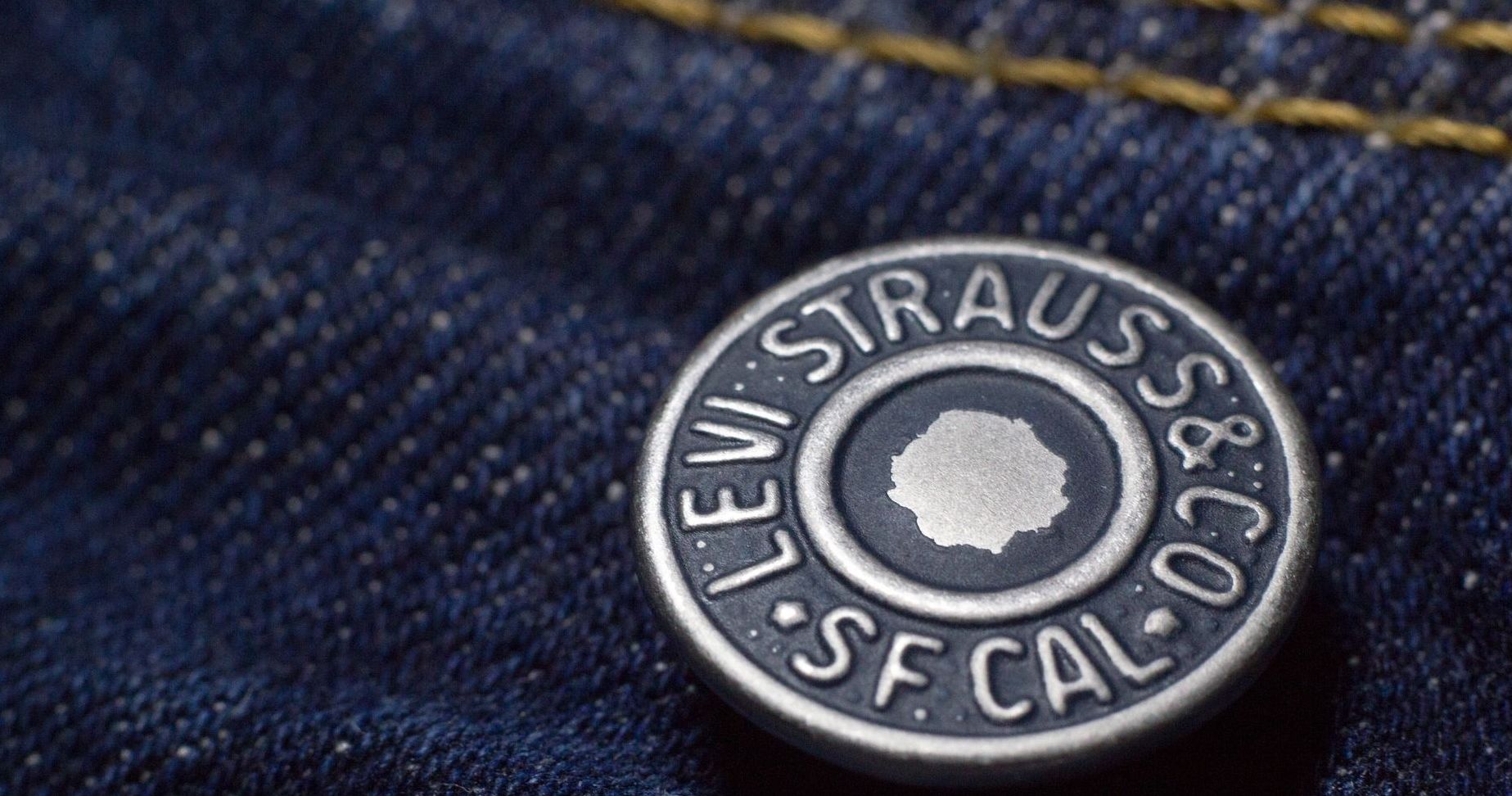Up to 10% of the global carbon emissions and 20% of the water pollution come from the fashion industry, especially fast fashion. Products created as part of this industry are characterized by poor cuts, unsuitable materials, and a complete focus on profit. But, customers increasingly look for environmentally friendly brands that put the planet Earth in the first place. More often than not they will refuse to buy a certain garment just because of the way it was produced.
And while there is not a single fast fashion brand that is completely eco-friendly, many conscious consumers collect all the information that is out there and form an educated opinion about where they should shop responsibly and support sustainability to its maximum.
Below are a few brands that are leaders in the industry:
Patagonia is a leader when it comes to defending the environmental ethics represented in the fashion industry. As a brand, they are also the first to start with the usage of recycled materials and organic cotton. With a mission to spread a positive impact throughout all of their factories worldwide, Patagonia is a true example of labor ethics, something that every brand can implement.
Denim is infamous for requiring enormous amounts of water for just one pair of jeans. However, Levi’s, with its new collection called Water
Adidas is another brand that has increased its sustainability strategies and use of recycled materials. Their mission is, starting 2024, that recycled polyester is the only type of polyester the company uses. Adidas is also reducing its water consumption, as well as making sure 20% of the energy is renewable.
Now, H&M is a brand that some consumers combined with controversy, and that is because they are responsible for a big portion of the global fashion waste. However, they make efforts to improve on the environmental issues, reporting 65% of the materials are sustainably sourced, organic, or recycled. By 2030, they hope to use 100% sustainably sourced or recycled materials.
And the last brand on the list, Zara. They aim to have 50% of their merchandise as part of their famous Join Life range by the end of 2022. This product line is made entirely of raw materials that have a very small environmental impact. Zara is also recycling and reusing its bags, boxes, alarms, and hangers. By 2025, they aim to use only sustainable materials and textiles.
When profit is in the first place, the Earth suffers. However, brands are finally learning the lesson and are making sure their future activities help the environment or at least do not destroy it. Brands are taking part in a lot of other initiatives too, for example: The Pearl Source gives away a percentage of proceeds to women’s issues; Gucci is committed to gender equality etc.
As more and more consumers learn of the importance of sustainability and make sure brands with the highest sustainable points are on the top of their shopping lists, we are bound to see a lot of changes in the fashion industry in the upcoming years.

